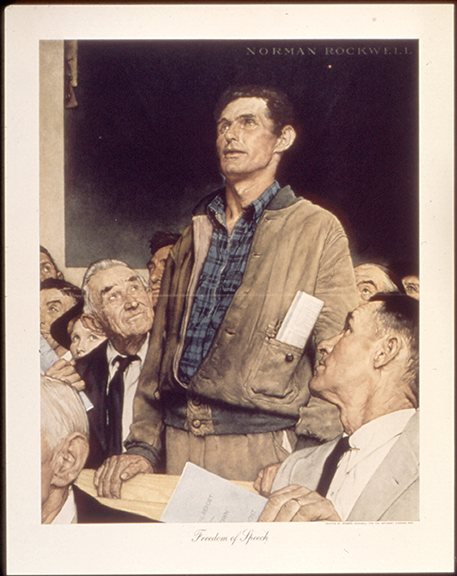The court heard four major communications cases in the 2023-24 term and reported opinions in the spring and summer of 2024.
Moody v Netchoice involved state government attempts to stop “censorship” by social media companies. At issue was whether the First Amendment allows a Florida or Texas to require that social-media companies host third-party communications. The Florida and Texas state laws were intended to ensure that conservative voices were not censored by big tech companies, and the laws were premised on the idea that social media are common carriers.
In a rare unanimous decision, the court said that social media companies are not common carriers but rather private media companies and that they could not be regulated by state governments. A state government “cannot get its way just by asserting an interest in better balancing the marketplace of ideas,” said the Supreme Court opinion. “Whatever the challenges of applying the Constitution to ever-advancing technology, the basic principles (of the First Amendment) do not vary.”
Among a long list of cases supporting Netchoice are Republican National Committee v Google, which was dismissed in favor of Google on Aug. 24, 2023. The RNC alleged that Google had been intentionally misdirecting its emails to Gmail users’ spam folders at the end of each month “to secretly suppress the political speech and income of one major political party.” The court said the RNC had not proven bad faith and that, in any event, that would have been protected by section 230 of the CDA. Another similar case protecting the right of private companies to free speech was YouTube v Prager, 2020.
O’Connor-Ratcliff v. Garnier. When a public official blocks someone from their social media personal, unofficial social media account, is that an act of censorship prohibited by the First Amendment? The court ruled that public officials who post about topics relating to their work on their personal social media accounts ARE acting for the government, and therefore ARE violating the First Amendment when they block their critics.
Vidal v. Elster, Does the the refusal to register a trademark under 15 U.S.C. § 1052(c) violate the First Amendment when the mark contains criticism of a government official or public figure? The proposed trademark in question was “Trump too small.” The court said that the Lanham Act prohibits the registration of a trademark that identifies a particular living individual, unless that individual agrees. Refusal to register the trademark does not violate the First Amendment.
MORE: See the SCOTUS Blog

